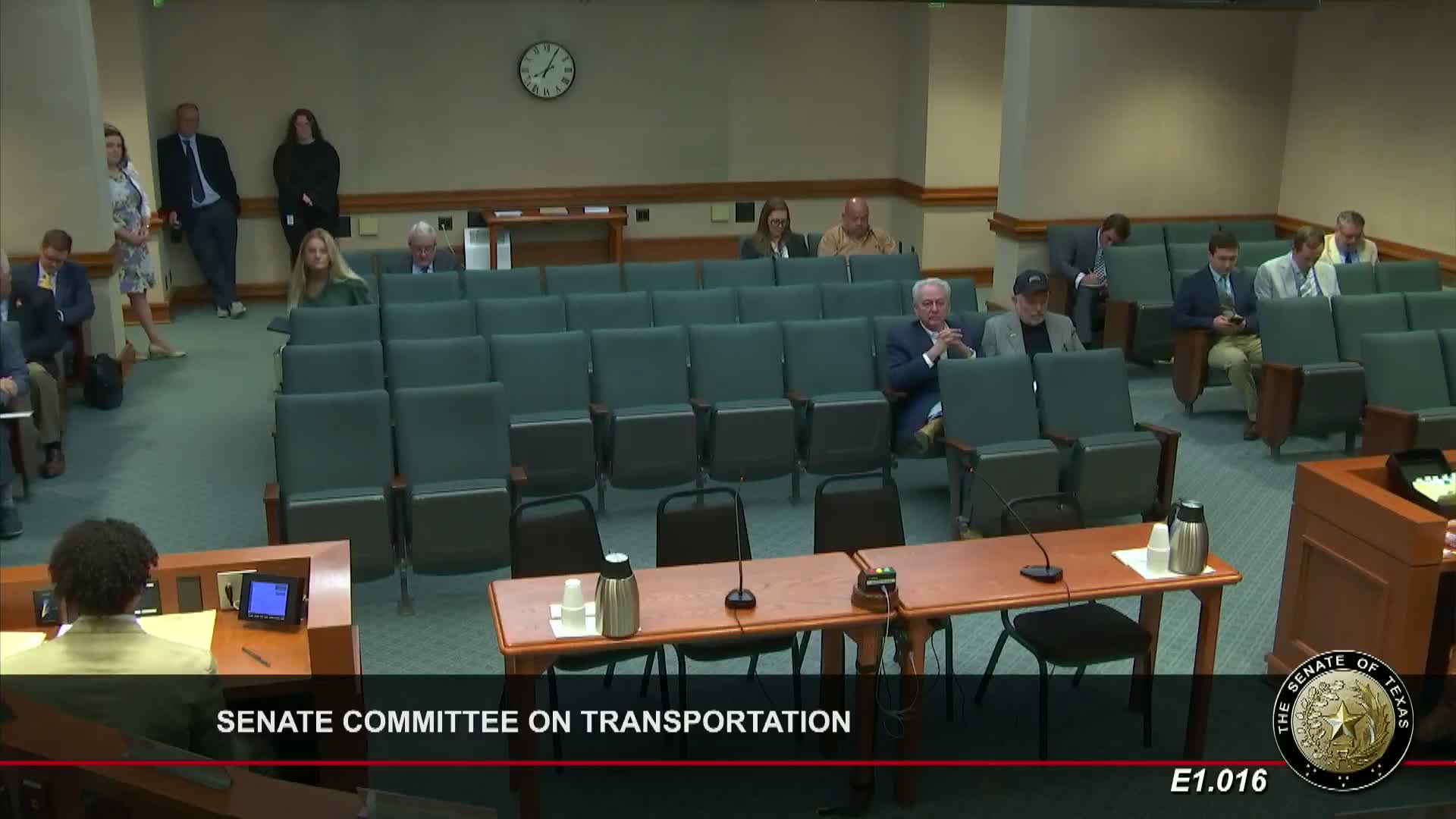Article not found
This article is no longer available. But don't worry—we've gathered other articles that discuss the same topic.
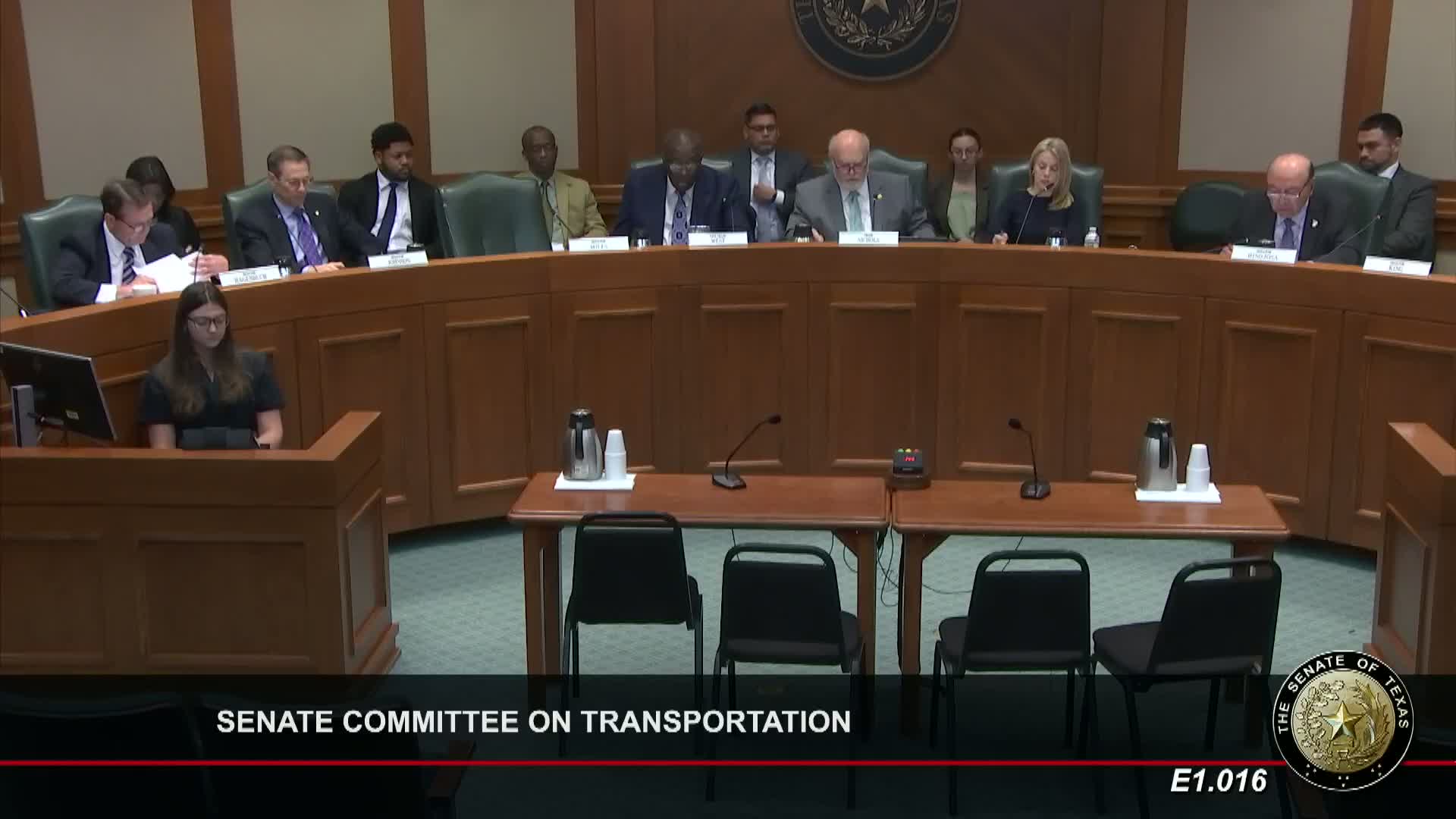
Committee adopts substitute tightening overweight route rules and changes maintenance responsibility for West Dauphin Road
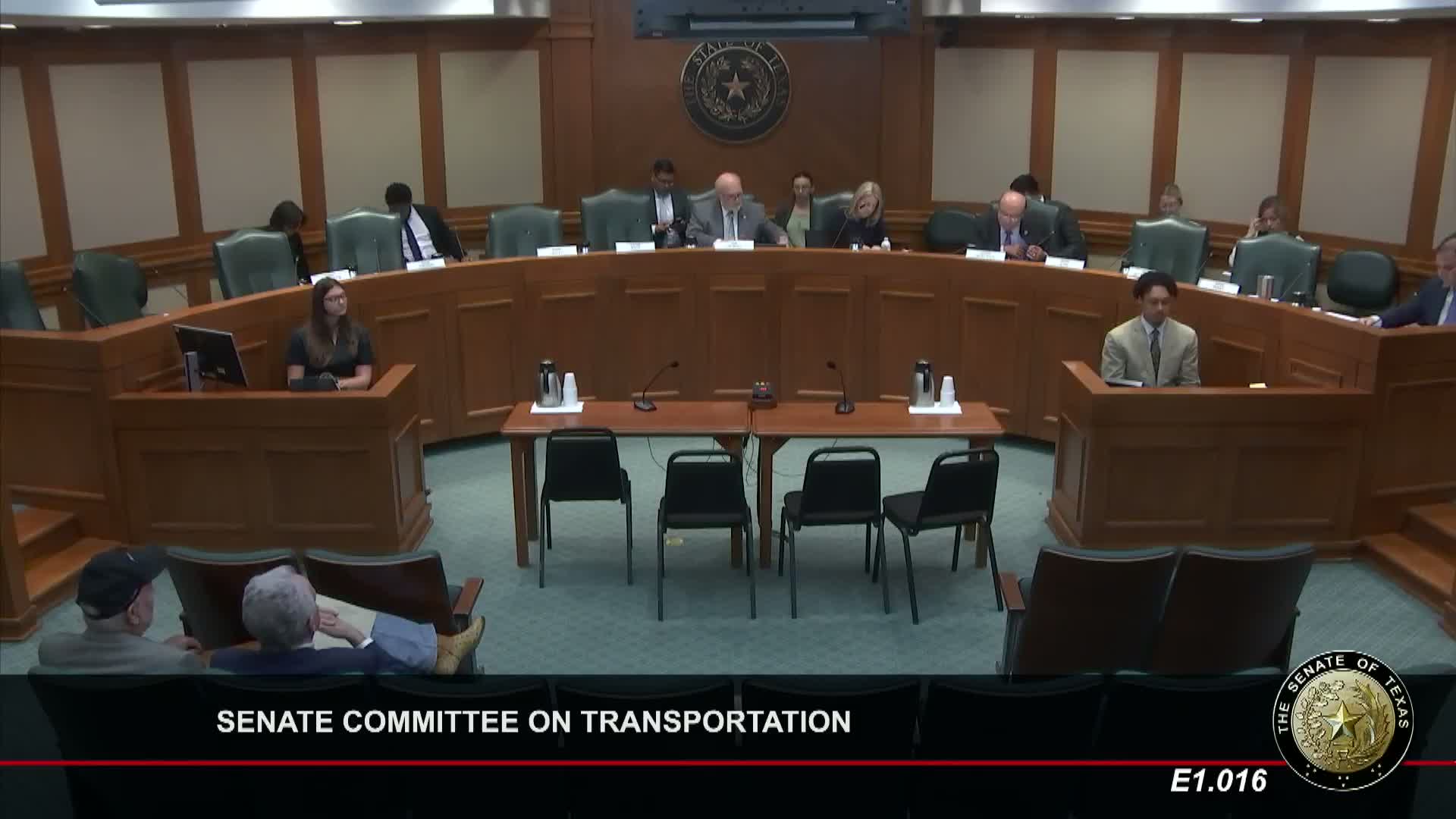
Committee advances multiple bills naming state highways in memory of local public servants and leaders
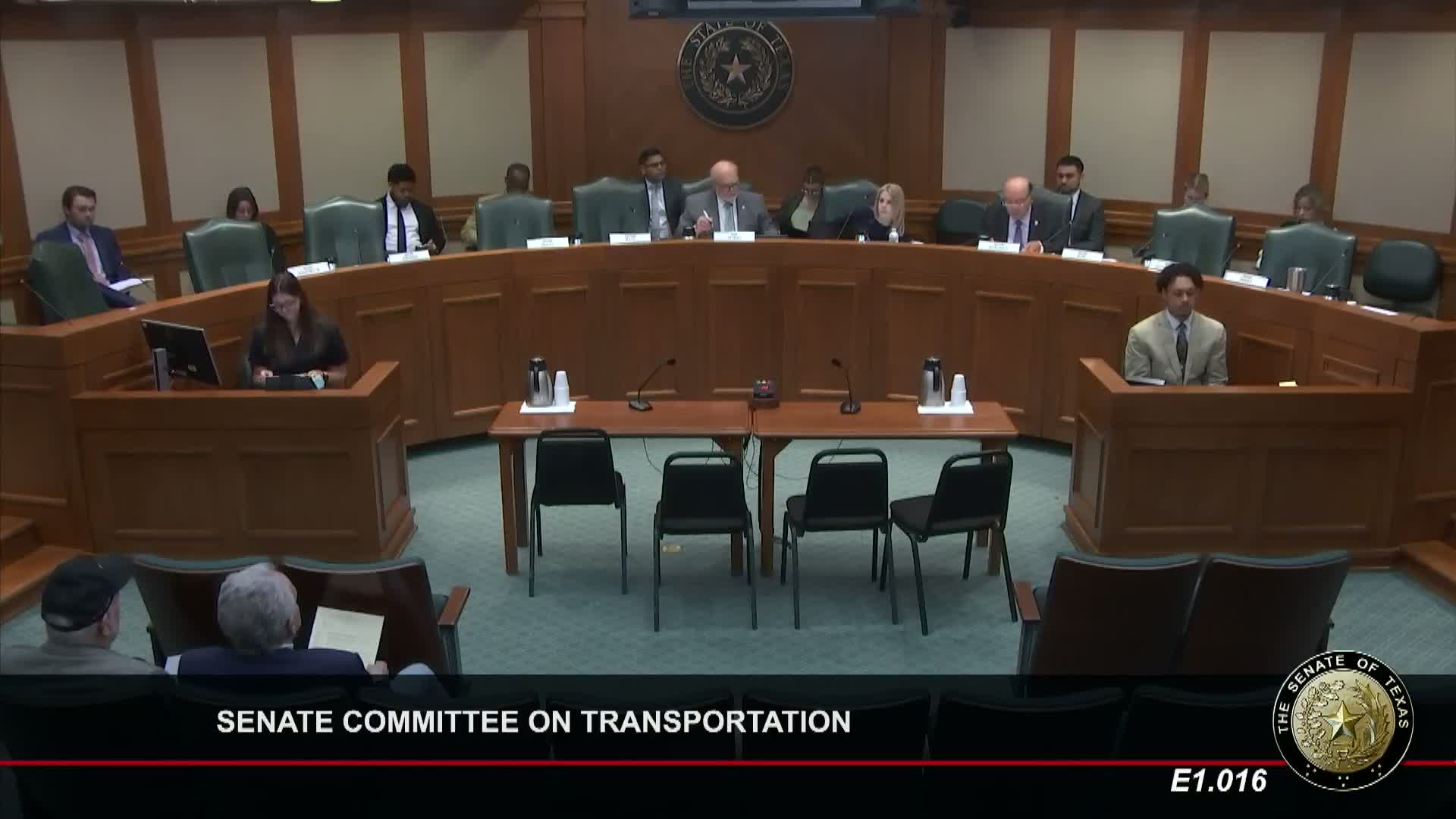
Committee clears bill to create two specialty license plates recognizing U.S. Army Rangers
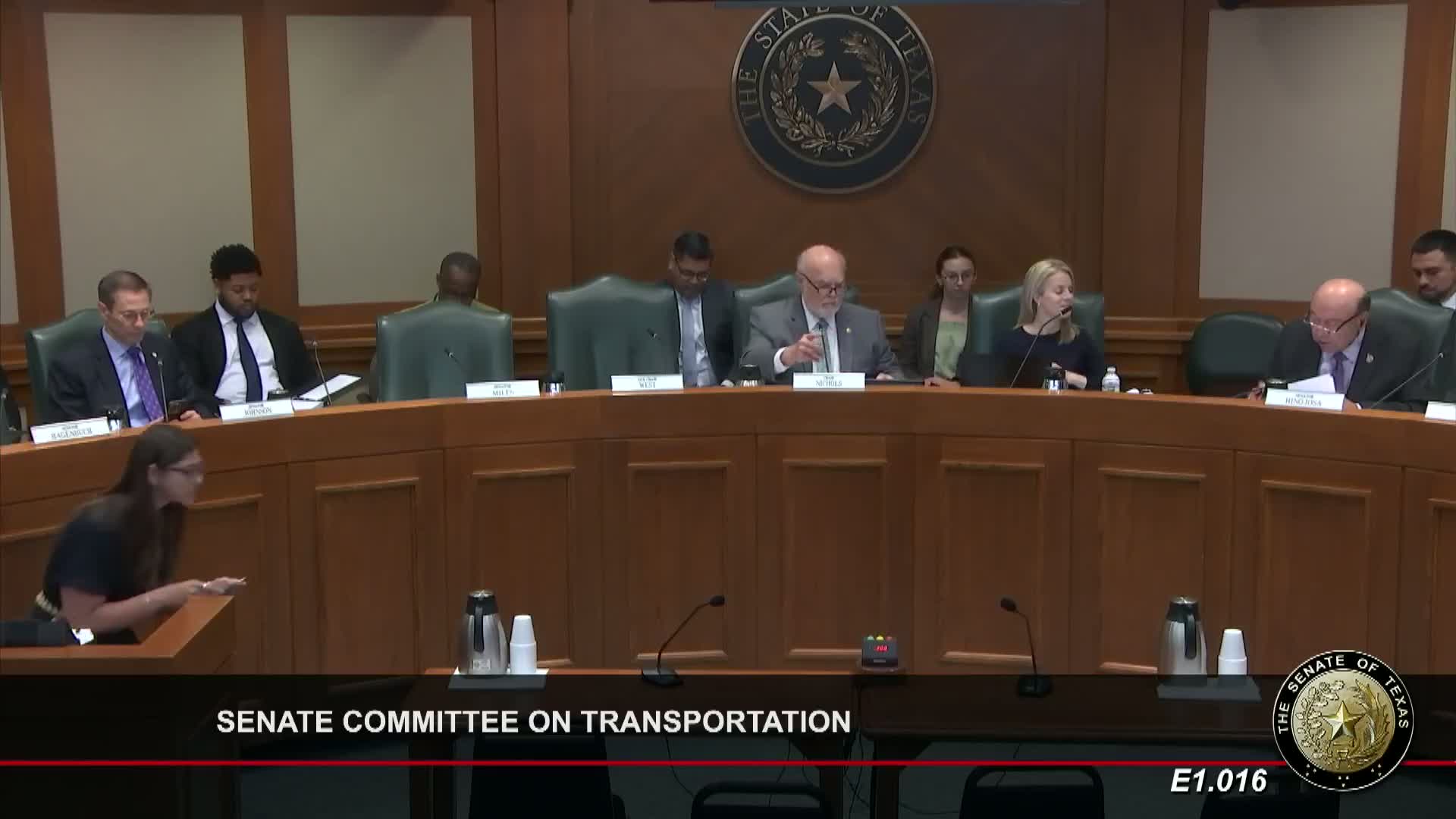
Committee adopts substitute reducing local match for airport grants in economically disadvantaged counties
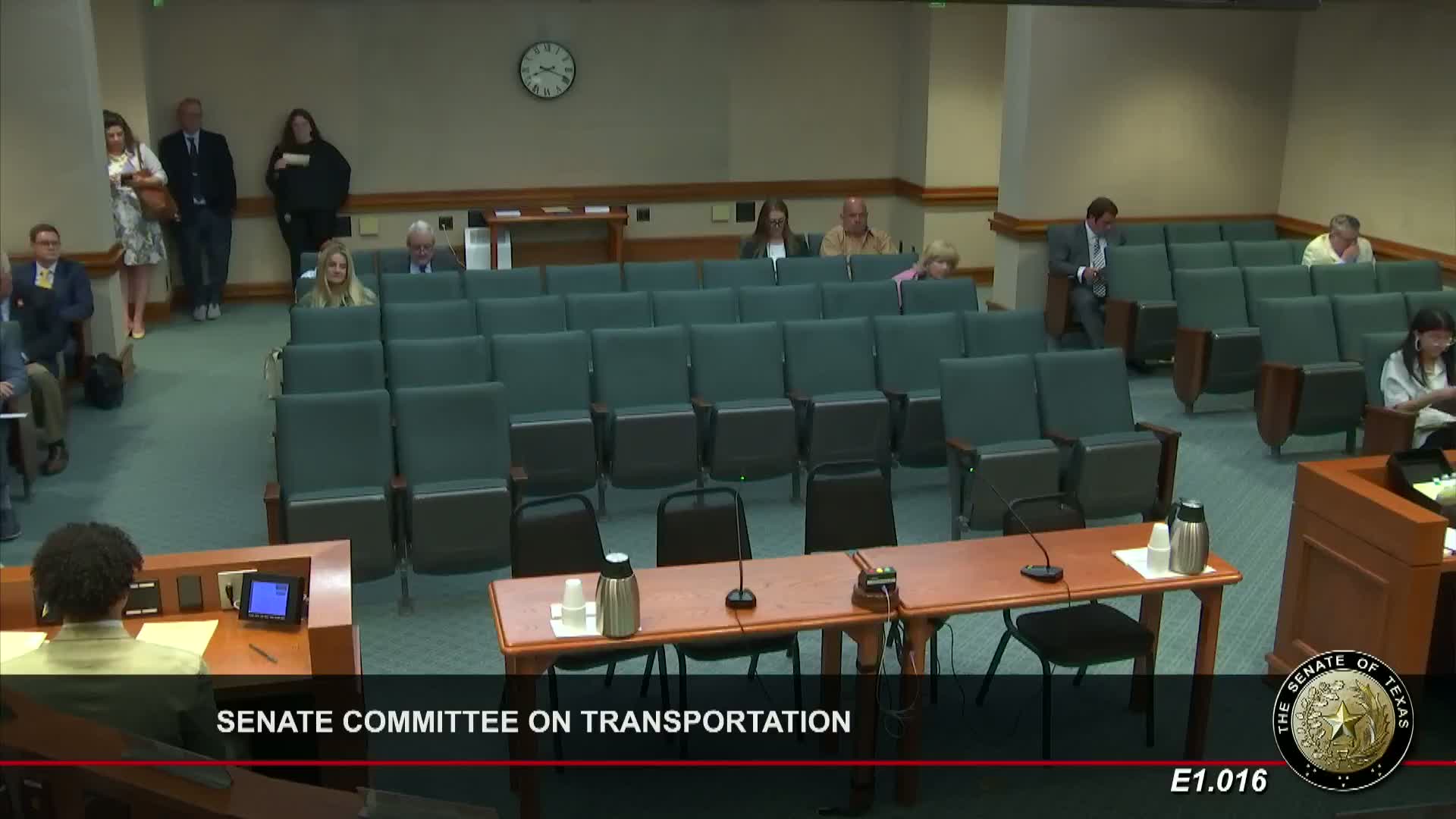
Bill would let vehicle storage facilities post towing notices on an approved website instead of newspaper publication
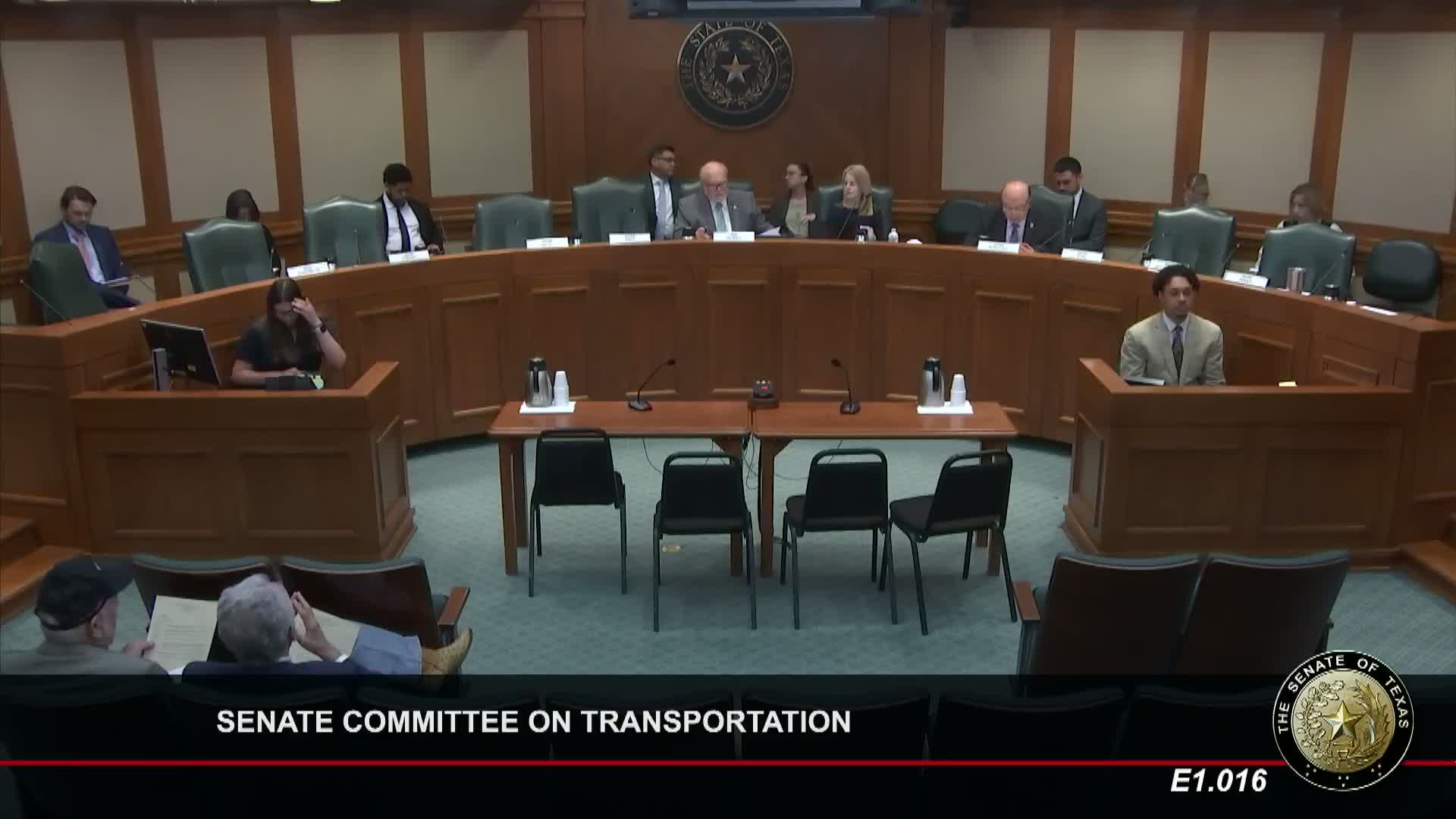
Bill would eliminate annual stickers for moving "frac" tanks to streamline registration
